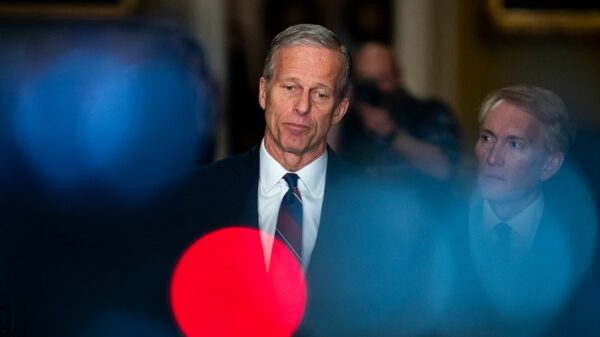Concerns surrounding the use of acetaminophen, commonly known by its brand name Tylenol, have gained attention following recent discussions about its implications during illness. Dr. Stephen C. Restaino, a healthcare professional based in Chesapeake, emphasizes the importance of being informed about the medication’s effects on health, especially when treating fevers.
Insights on Acetaminophen and Fever Management
In a letter published on September 27, 2023, Dr. Restaino criticized the use of the brand name Tylenol in discussions about acetaminophen, arguing that it misleads readers into thinking it is the only option. He pointed out that many products contain acetaminophen, and it is crucial for consumers to read labels. He also stressed that fever, a common symptom of infection, can be an important bodily response, and high fevers, defined as temperatures above 104°F (approximately 40°C), are rare and should be assessed by a medical professional before treatment.
While acetaminophen can reduce fever and alleviate discomfort, Dr. Restaino noted that it may also hinder the body’s natural immune response. The human body raises its temperature to help white blood cells fight off infections more effectively. He cautioned against reflexively treating fevers with medications, particularly in children, as this can lead to missed opportunities for necessary rest and recovery.
“Too often, children are given antipyretics to return to school or daycare, only to require further attention due to their ongoing illness,” Dr. Restaino stated. He advocates for a more measured approach to fever and pain management, encouraging individuals to consult their healthcare providers for advice tailored to their specific circumstances.
Reflections on Religion and Politics in America
The conversation around the intersection of religion and governance has also been a topic of debate. In a letter dated September 19, 2023, Lee Matthews of Hampton discussed the complex religious landscape among the Founding Fathers of the United States. Citing an article from the Heritage Foundation, Matthews highlighted that the Founders held diverse religious beliefs, with some being traditional Christians and others identifying as deists or agnostics.
Matthews referenced a letter from Thomas Jefferson to the Danbury Baptist Association, where Jefferson articulated the principle of separation between church and state, asserting that the United States was founded as a secular nation without an established religion. He pointed out that only about 65% of Americans currently identify as Christian, underscoring the diversity of beliefs that must be respected within a democratic society.
“All religion should be kept completely out of all government,” Matthews concluded, suggesting that a principle akin to “Keep Thy Religion To Thyself” should be adopted to foster a more inclusive environment.
Political Discourse: A Call for Respect
In a broader commentary, Sam Jackson from Newport News expressed nostalgia for a time when political views were less publicly contested. He criticized the current climate of political discourse, arguing that negative campaigning and yard signs do little to change minds and instead reinforce existing beliefs. Jackson lamented the wastefulness of political mailers, which he believes often end up discarded without being read.
As discussions around healthcare, governance, and political conduct continue to evolve, it remains clear that informed dialogue is essential for understanding the complexities of these critical issues. Engaging with reliable information and maintaining respectful discourse will be vital as society navigates these multifaceted conversations.








































































